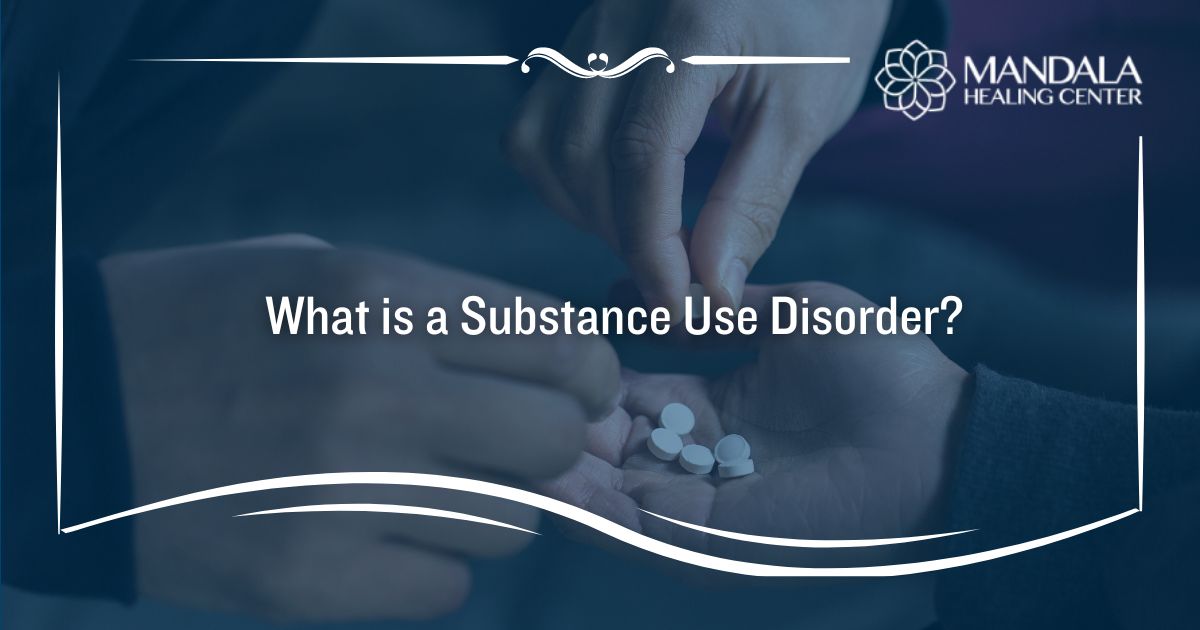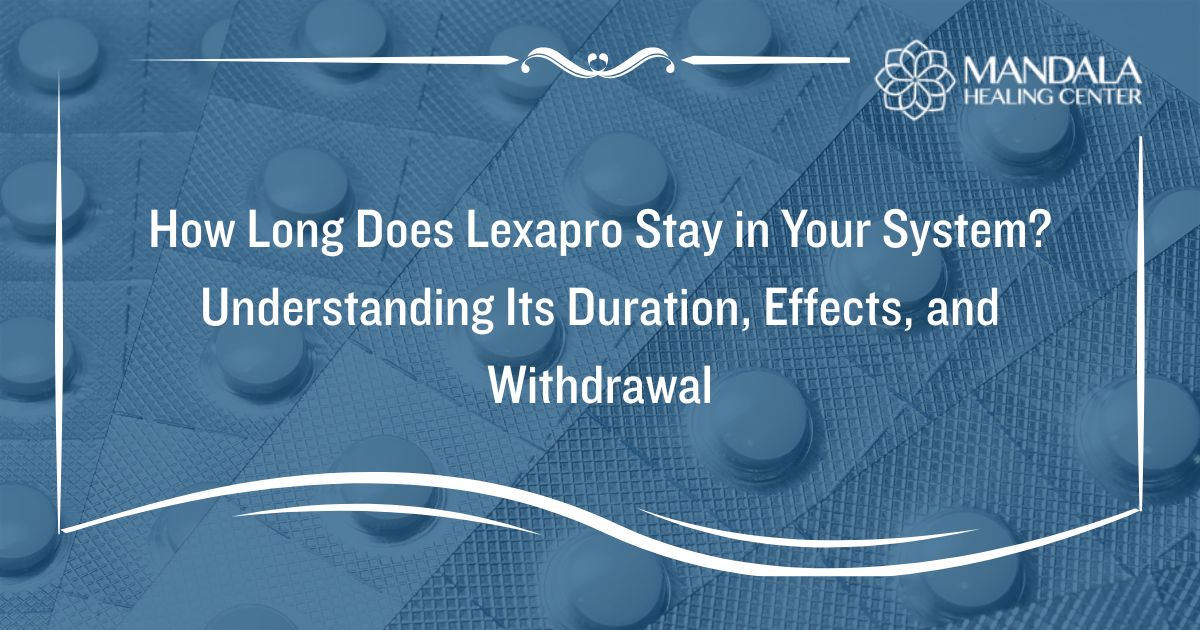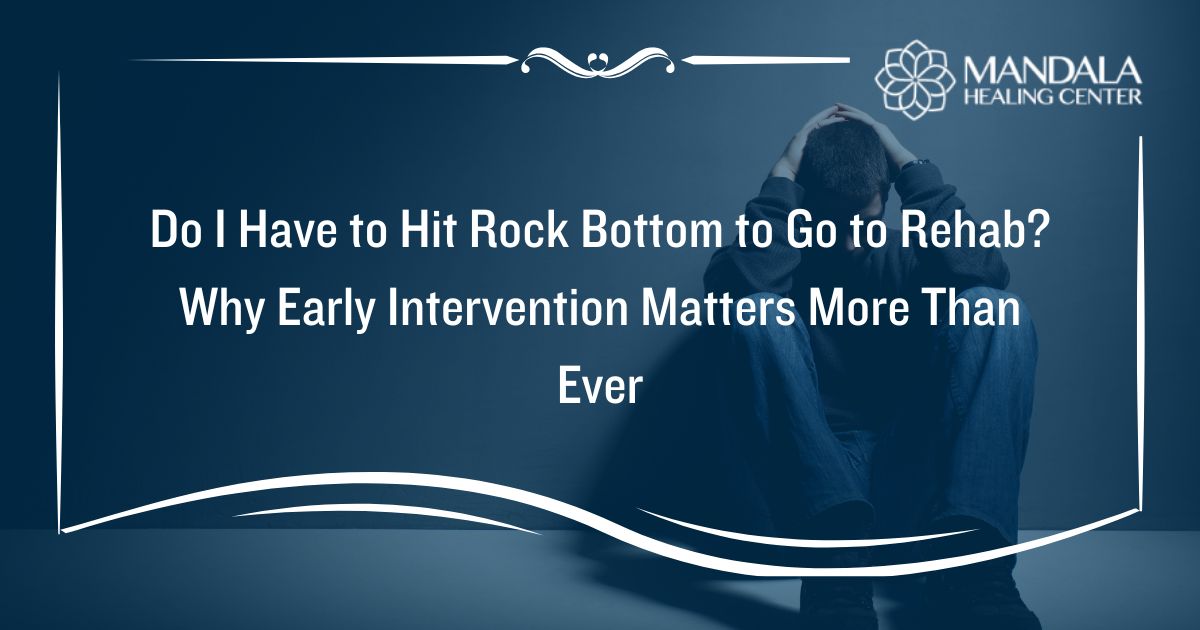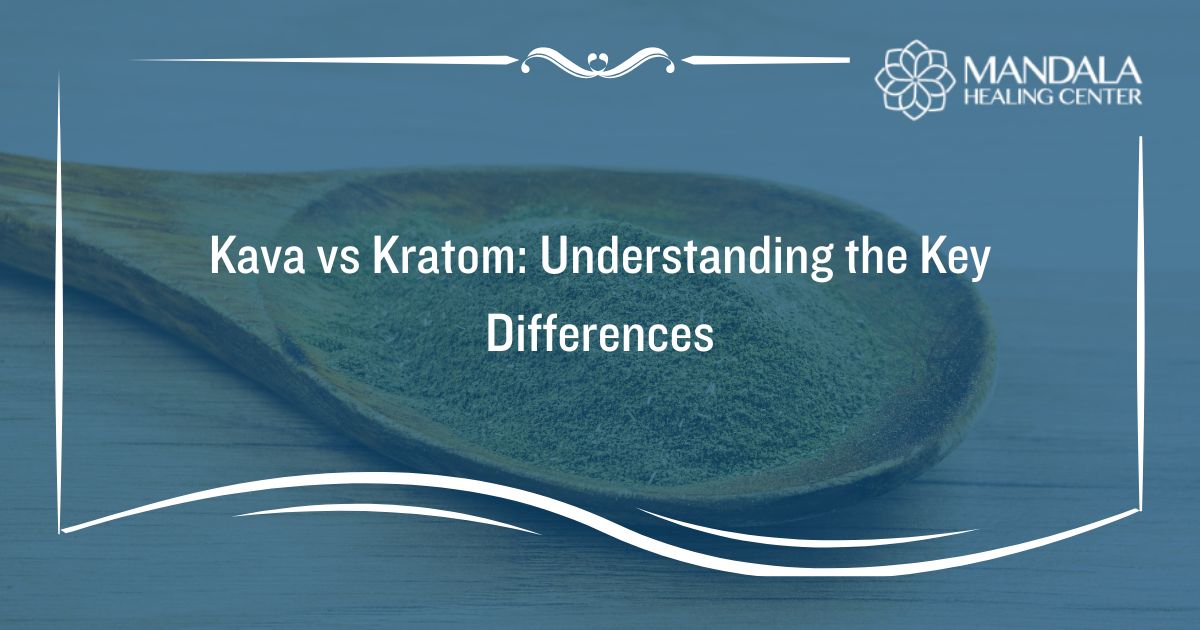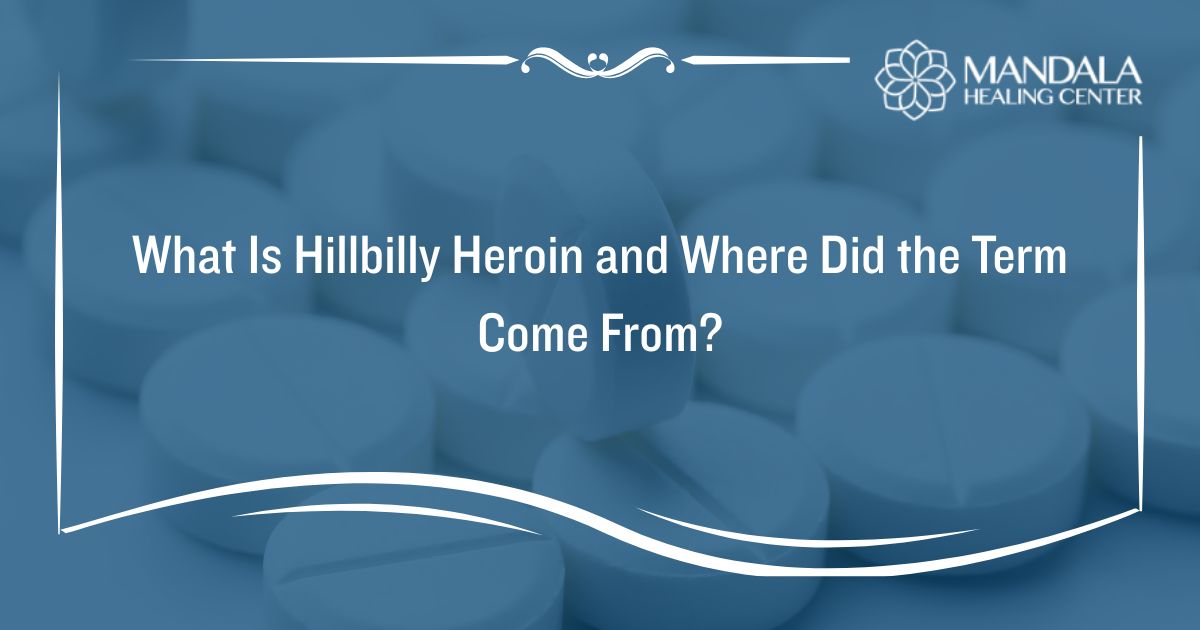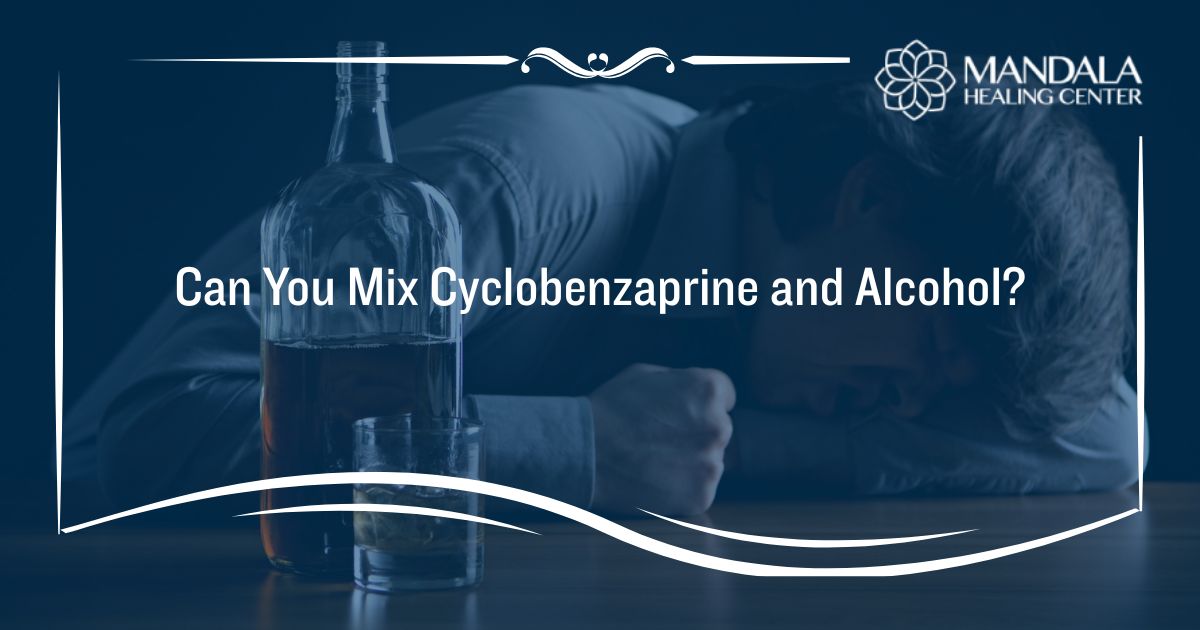According to the Substance Abuse and Mental Health Services Administration (SAMHSA), 137.4 million people drank alcohol and 46.6 million people abused an illicit drug in 2022.[1]
While it is possible to occasionally abuse substances without having an addiction, substance abuse often leads to dependency. When you have a hard time controlling how much drugs or alcohol you abuse, you are probably suffering from an addiction. While you have heard of addiction, you might not be familiar with the term “substance use disorder.”
Substance use disorder (SUD) is the official diagnostic term for an addiction. If you cannot control how much substances you use, suffer from urges and cravings to abuse drugs, and experience withdrawal symptoms when you are sober, you may be suffering from this condition.
This article discusses what a substance use disorder is, how you develop one, and how they are diagnosed can help you determine whether you need professional addiction treatment. You will learn:
- What is a substance use disorder
- How substance abuse turns into an addiction
- How substance use disorder is diagnosed
- What are the risk factors for addiction
What Does “Substance Use Disorder” Mean?
Substance use disorder is the term that doctors and mental health professionals use to describe an addiction. It involves a problematic pattern of substance abuse and can range from mild to severe. If you have this condition, that means you struggle with cravings, tolerance, and physical and psychological dependency on a specific substance.
Many different reasons might cause you to begin using substances, including:[2]
- Wanting to feel pleasure or get intoxicated
- Relieve stress or symptoms of an underlying mental illness
- Improve your performance in a specific activity, like studying or socializing with others
- Curiosity, peer pressure, or experimenting
While using a substance once or twice does not mean you have a substance use disorder, it can quickly turn into one. If you begin using substances frequently, eventually your brain will begin to associate the drug with feelings of reward and pleasure. After some time, your body will become dependent on the substance to feel good, which will lead to cravings and withdrawal symptoms.
You can develop an addiction from using any type of substance. For example, you can be addicted to something more socially acceptable like nicotine or alcohol. It is also possible to become addicted to prescription drugs and illicit substances like heroin or cocaine.
When Does Substance Abuse Become an Addiction?
If you abuse drugs or alcohol, you might be wondering when it is considered an addiction. Four categories of symptoms indicate you are experiencing a substance use disorder. Being aware of them will help you decide if you have surpassed occasional substance abuse and developed an addiction.
The four categories of the symptoms of addiction include:[3]
- Impaired Control – experiencing cravings or urges to abuse drugs or alcohol
- Social Impairment – having a hard time completing responsibilities at home, school, or work and dealing with interpersonal relationship issues because of drug or alcohol abuse
- Risky Behaviors – using substances in unsafe settings and continuing to abuse drugs and alcohol despite known mental or physical health problems
- Physical Effects – developing a tolerance to a substance and experiencing withdrawal symptoms when you stop using it
If abusing drugs and alcohol has caused you to develop any of the symptoms in the above-mentioned categories, you might have a substance use disorder.
How is a Substance Use Disorder Diagnosed?
The Diagnostic Statistical Manual of Mental Disorders (DSM) is a tool used by mental health professionals to determine if their clients have a diagnosable mental illness. Substance use disorder is considered a mental health condition and medical professionals use the DSM to diagnose it.
The diagnostic criteria for addiction include the 11 following symptoms:[4]
- Taking drugs or alcohol in larger amounts for longer than you intended to
- Wanting to cut down or stop using the substance but being unable to
- Spending a lot of time obtaining, using, or recovering from a substance
- Experiencing urges and cravings to use drugs or alcohol
- Failing to meet responsibilities at home, school, or work because of substance abuse
- Continuing to use drugs and alcohol even though it is causing problems in your relationships
- Giving up previously enjoyed activities to abuse more substances
- Continuing to use substances even when it puts you in danger
- Continuing to use drugs and alcohol even though it is causing physical or mental health problems
- Having to increase the dose of a substance to experience the desired effect (developing a tolerance)
- Experiencing withdrawal symptoms when you stop using a substance
If you have 2 to 3 of these symptoms, you have a mild substance use disorder. Moderate addiction is characterized by experiencing 4 to 5 symptoms, while severe substance use disorders require 6 or more symptoms. Even if your addiction is mild, you will require professional addiction treatment.
What are the Risk Factors for Addiction?
While anyone can develop an addiction, some people are at a higher risk of it. Knowing the risk factors for substance use disorders can motivate you to avoid substance abuse and prevent yourself from developing this condition.
The main risk factors for substance use disorder include:
- Having a family history of addiction
- Having pre-existing mental health conditions
- Experiencing childhood trauma
- Early use of substances
- Environmental influences like witnessing drug addiction in the home
- And more
If you suffer from addiction, professional treatment is necessary. Drug rehab programs offer medical detox, individual therapy, support groups, relapse prevention planning, and more. These services will help you achieve long-term sobriety.
Find Help for Alcoholism and Drug Addiction
Whether you have a substance or alcohol use disorder, it’s time to seek professional help. At the Mandala Healing Center, we offer evidence-based treatments for addiction in a supportive setting. Contact us today to learn more about treatment for substance use disorders.
References:
- The Substance Abuse and Mental Health Services Administration (SAMHSA): HHS, SAMHSA Release 2022 National Survey on Drug Use and Health Data
- The National Institute on Drug Abuse (NIDA): Drug Misuse and Addiction
- The State of Wyoming Legislature: Substance Use Disorder defined by NIDA and SAMHSA
- Door County Website: Criteria for Substance Use Disorders DSM-V


